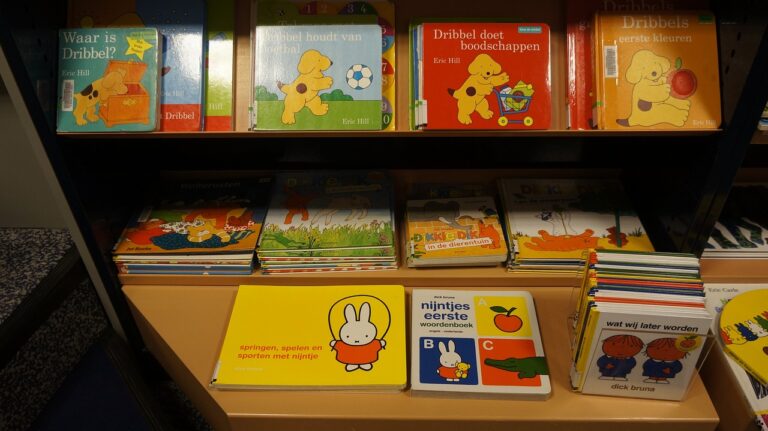Addressing the Homework Debate: Strategies for Effective Homework Assignments
Homework serves as a valuable extension of classroom learning. It provides students with the opportunity to reinforce lessons taught during school hours. Through homework assignments, students can practice applying new concepts independently, thus fostering a deeper understanding of the material. This additional practice plays a crucial role in solidifying learning and enhancing retention of information.
Furthermore, homework encourages students to develop essential skills such as time management and self-discipline. By completing assignments outside of the classroom, students learn to prioritize tasks and allocate their time effectively. These skills are not only beneficial in academic settings but also translate into real-world scenarios where time management is a valuable asset.
Understanding the Role of Homework in Learning
Homework has long been a staple in the education system, serving as a tool to reinforce classroom learning. It provides students with an opportunity to independently practice and apply the concepts taught in school. Through homework assignments, students can solidify their understanding of the material and develop important skills such as time management and self-discipline.
Moreover, homework plays a crucial role in bridging the gap between classroom instruction and real-world application. By completing homework tasks, students are able to transfer theoretical knowledge into practical skills. This process not only enhances their comprehension of the subject matter but also empowers them to think critically and solve problems independently.
• Homework reinforces classroom learning by providing independent practice
• Students can solidify their understanding of material through homework assignments
• Homework helps develop important skills such as time management and self-discipline
• Bridging the gap between classroom instruction and real-world application is an important role of homework
• Completing homework tasks allows students to transfer theoretical knowledge into practical skills
Challenges with Traditional Homework Assignments
Traditional homework assignments often focus on rote memorization and repetitive tasks, which can lead to disengagement and frustration among students. The lack of variety in assignments can hinder critical thinking skills and fail to promote a deeper understanding of the material being taught. Additionally, the emphasis on quantity over quality in traditional homework assignments can result in students rushing through the work just to complete it, rather than taking the time to truly absorb and learn from the content.
Furthermore, traditional homework assignments may not always take into account the individual learning styles and needs of each student. This one-size-fits-all approach can leave some students feeling overwhelmed or unchallenged, leading to a lack of motivation and academic success. In some cases, students may also resort to seeking external help or copying answers from their peers, compromising the integrity and purpose of the homework assignment.
What is the purpose of homework?
The purpose of homework is to reinforce learning, practice skills, and provide students with an opportunity to independently apply what they have learned in class.
How does homework contribute to learning?
Homework allows students to review and practice the material covered in class, which helps to strengthen their understanding and retention of the content.
What are some challenges with traditional homework assignments?
Some challenges with traditional homework assignments include students feeling overwhelmed by the workload, struggling to complete assignments independently, and not seeing the relevance of the tasks to their learning.
How can teachers address these challenges?
Teachers can address these challenges by assigning meaningful and engaging homework tasks, providing support and resources for students who may struggle, and giving feedback to help guide their learning process.







